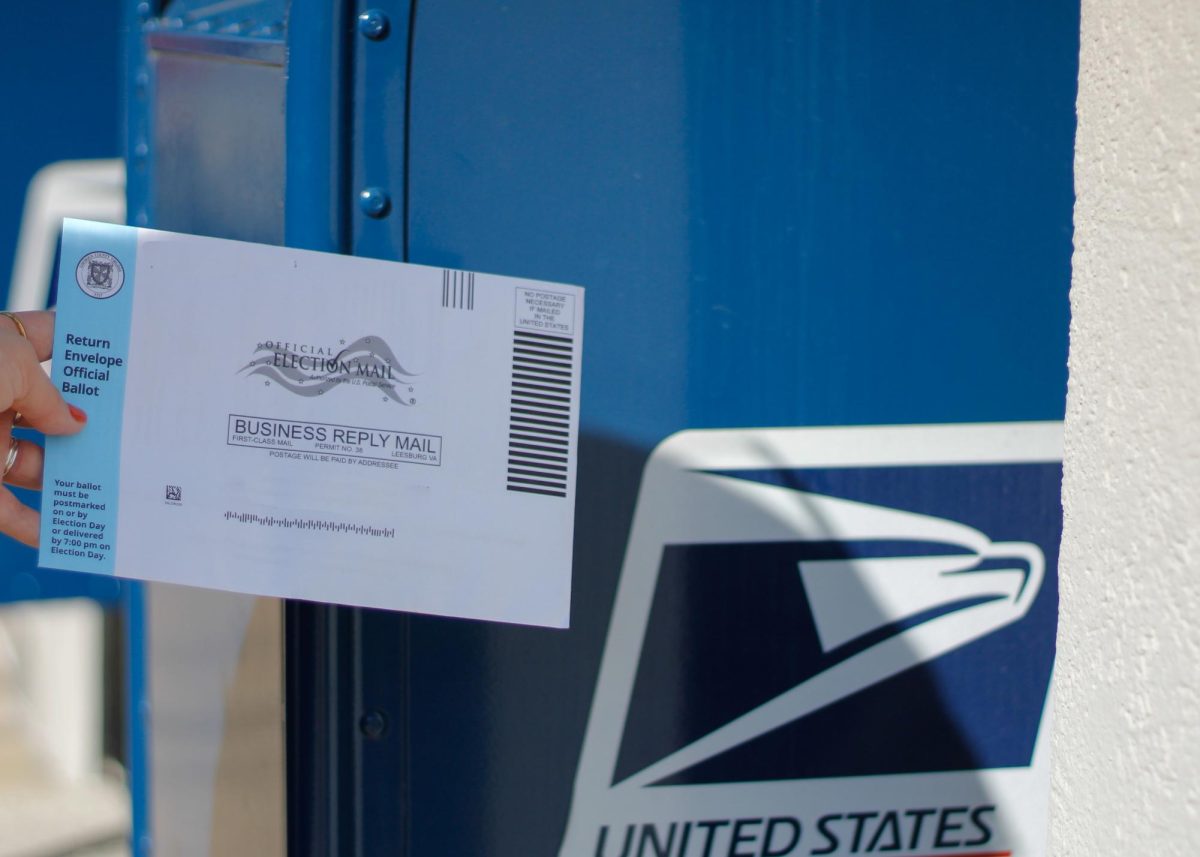As election day begins, out-of-state Pitt students have changed their voter registration to Pennsylvania to make a difference in the election — primarily because of Pennsylvania’s status as a swing state.
Swing states change over time, but during this election cycle, seven states fit the bill — Arizona, Georgia, Michigan, Nevada, North Carolina, Pennsylvania and Wisconsin. These states carry a combined 93 electoral votes that both candidates are actively pursuing.
For Sangita Das-Quigley, a sophomore neuroscience major, voting in Pennsylvania felt more impactful than in her hometown of Boston, Massachusetts.
“Massachusetts has always been a very decided state,” Das-Quigley said. “Because this is a deciding state in this election, I felt like I would have more of a voice here and it mattered more.”
Approximately 35% of Pitt’s students come from out of state, and many of those come from the surrounding Northeastern states, which are consistently blue. Out-of-state Pitt students spend at least eight months of the year in Pennsylvania, which often leads to their desire to vote in the state.
Until 2016, Pennsylvania consistently voted Democratic in the presidential election since 1992. Pennsylvania voted blue in the 2020 election, electing President Biden into office with 3,459,923 votes to former President Trump’s 3,378,263 votes. The state currently holds 19 electoral votes after losing one since the previous election.
Riana Earle, a first-year international studies and marketing major, is from the Washington area and changed her registration because her vote “feels way more significant here” than in Maryland, which has fewer electoral votes and consistently goes Democratic.
“Pennsylvania is going to be a huge decider of this election, and my vote here counts for a lot more than in Maryland,” Earle said.
Jacob Goren, a sophomore film and media studies major, is from Livingston, New Jersey. Goren said he changed his voter registration to help make an impact on Pennsylvania’s position in the election.
“There was nothing in particular about Pennsylvania politics that made me switch,” Goren said. “It was more so the fact that Pennsylvania is a swing state, and New Jersey is pretty firmly blue, so I felt my vote mattered more in Pennsylvania than New Jersey.”
Adrian Olivero, a junior political science major, said he is from Connecticut and is voting for the first time. He believes the stakes are higher in Pennsylvania and has always felt “safe” in Connecticut.
“That’s mainly what has drawn me,” Olivero said. “ politics in Connecticut was always secure, left-leaning politics and legislators, so I didn’t really have to be politically motivated.”
Jill Reeve, a sophomore from Rhode Island majoring in biological sciences and German, finds it important to “contribute to politics and policies in the place I live in, since the laws here impact me more now than the laws in RI.”
“Not only is Rhode Island very consistently blue, but even if it flipped red, it’s only worth a tiny number of electoral college votes,” Reeve said. “With Pennsylvania as a swing state that is worth so many electoral college votes, I figure my vote was worth more here.”
While Reeve said she understands the purpose of the electoral college, she still finds it infuriating she had to move just to make her vote count.
“It does make me upset that I feel like I need to transfer my vote here.” Reeve said. “I understand the importance of the electoral college, but I feel like all it really does is make a small portion of Americans the deciders, while everyone else’s vote is worth very little. I’m happy that my vote counts this year, but I shouldn’t have had to move for that to be the case.”
Paige Conner, a sophomore environmental science major, is from Austin, Texas.
“Texas hasn’t been blue in 40 years,” Connor said. “So I thought if I changed it, my vote would have more power here … which is pretty vital in the election this year.”
Connor said she thinks Texas “needs a lot more help,” but wants her vote to have an impact in Pennsylvania during this election cycle.
Emily Sattler, a first-year undeclared major from the suburbs of Chicago, Illinois, said Pennsylvania’s swing-state status was a decisive factor in changing her registration.
“If Pennsylvania wasn’t as much of a swing state, I probably wouldn’t have switched my registration,” Sattler said.


